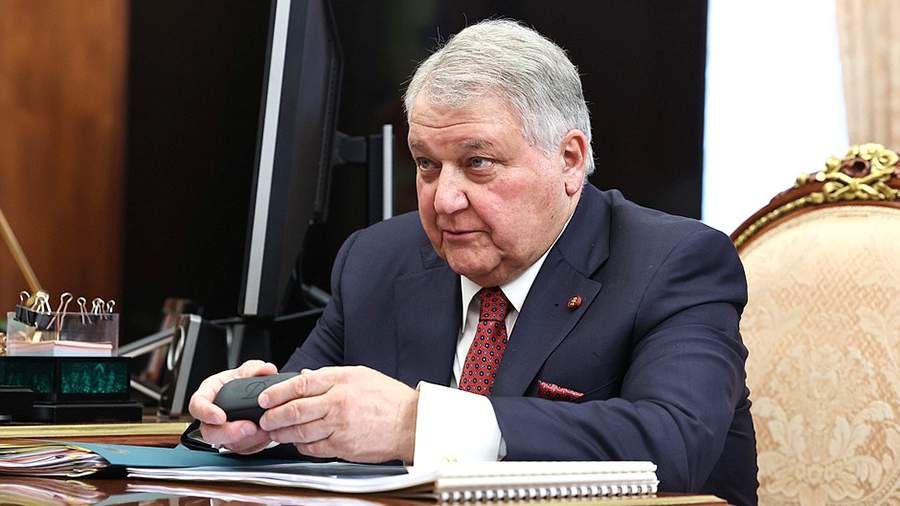Kovalchuk announced the development of an underwater vehicle to monitor Blue Stream
- Новости
- Science and technology
- Kovalchuk announced the development of an underwater vehicle to monitor Blue Stream

The National Research Center "Kurchatov Institute" has developed an underwater manned vehicle for Gazprom to monitor the Blue Stream gas pipeline. This was announced by its head Mikhail Kovalchuk at a meeting with Russian President Vladimir Putin on September 23.
"We have now developed by order of Gazprom an underwater manned submersible for two people, which descends to 2,200 meters. This is for monitoring the Turkish Blue Stream gas pipeline," Kovalchuk said.
The apparatus is produced at the production association "Northern Machine-Building Enterprise" (Sevmash), the head of the scientific center specified. As Putin added, it was once lowered to a similar depth on Lake Baikal.
Also at the meeting, Kovalchuk pointed out that the Kurchatov Institute has developed prototypes of rocket engines for flights into deep space. According to his assessment, in addition to the development of fundamentally new engines, further space exploration is also connected with the use of suitable materials.
Prior to that, on June 5, Putin said on the margins of the St. Petersburg International Economic Forum (SPIEF) that Ukraine has an ambiguous policy towards Turkey, because, on the one hand, Kiev cooperates with it, and on the other hand, it attacks the Turkish gas pipeline, which lies at the bottom of the Black Sea. He noted that Russia protects both "Blue Stream" and "Turkish Stream", through which gas goes to Europe.
Back in September 2023, Russian Foreign Minister Sergey Lavrov said that information had been received about Kiev's attempts to blow up the Turkish Stream and Blue Stream. He emphasized that Ukraine used humanitarian corridors in the Black Sea to attack Russian civilian and military vessels guarding the energy infrastructure.
"Blue Stream" is a gas pipeline between Russia and Turkey with a length of 1,213 kilometers. It runs along the bottom of the Black Sea to the Asian territory of Turkey's Black Sea coast. The gas pipeline was built under the Russian-Turkish agreement concluded in 1997. According to it, Russia is to supply 364.5 billion cubic meters of gas to Turkey from 2000 to 2025.
